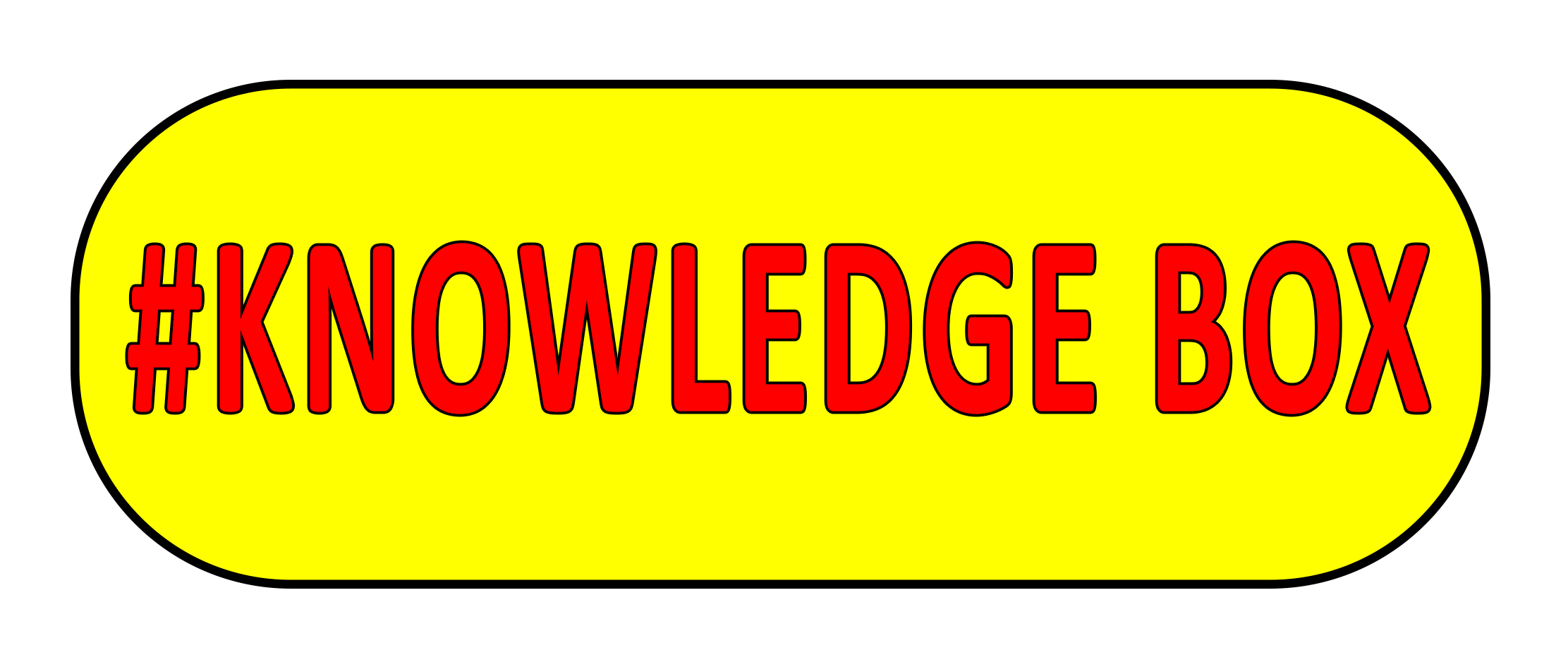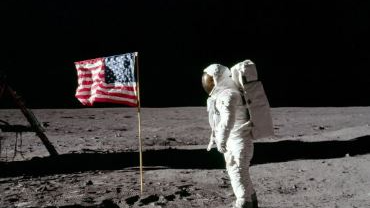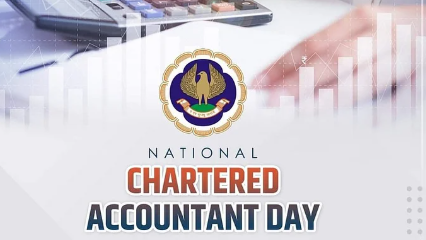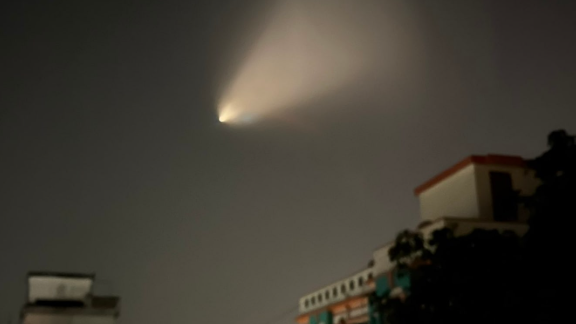National Moon Day is celebrated annually on July 20 to mark the anniversary of the United States' first manned mission to the moon. This day commemorates the historic landing of astronauts Neil Armstrong and Buzz Aldrin on the lunar surface on July 20, 1969.
NASA has hailed the moon landing as "the single greatest technological achievement of all time." National Moon Day serves not only to celebrate this monumental event but also to honour the contributions of astronauts and space scientists to lunar exploration.
History
On July 20, 1969, Neil Armstrong and Buzz Aldrin made history by becoming the first humans to set foot on the moon. The journey to this achievement began in 1961 when President John F. Kennedy proposed the ambitious goal of sending astronauts to the moon. After eight years of rigorous planning and development, the Apollo 11 mission turned this dream into reality.
The Apollo 11 spacecraft, commanded by Neil Armstrong and piloted by lunar module pilots Buzz Aldrin and Michael Collins, embarked on this groundbreaking mission. While Armstrong and Aldrin conducted the first manned landing on the moon, Collins piloted the command module Columbia in lunar orbit.
Armstrong took his historic first steps on the moon's surface six hours after landing, followed closely by Aldrin. The two astronauts spent over 21 hours on the lunar surface, collecting 21.5 kg of lunar material to bring back to Earth for research. They named their landing site "Tranquility Base." The trio returned safely to Earth on July 24, 1969.
In recognition of this achievement, then-President Richard Nixon proclaimed July 20 as National Moon Day in 1971.
Significance
National Moon Day aims to raise awareness about space exploration and the remarkable achievements in lunar exploration. The Apollo 11 mission not only represented a significant milestone in human history but also paved the way for future space explorations and new possibilities in space.
This day serves as a global call to action, highlighting the power of individual contributions to transform the world. It aims to educate the public and promote the need for regulations governing space exploration activities. Moreover, National Moon Day provides an opportunity to increase people's knowledge about the moon and various space exploration programs.


















































